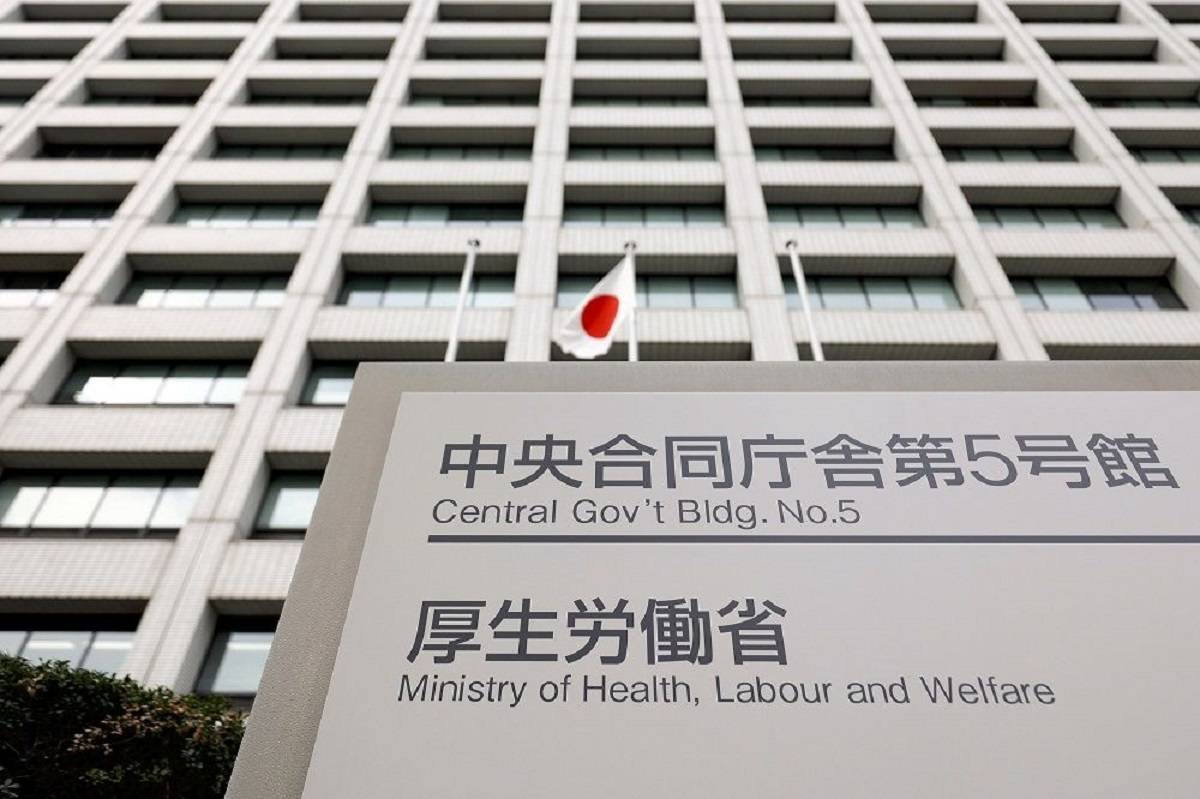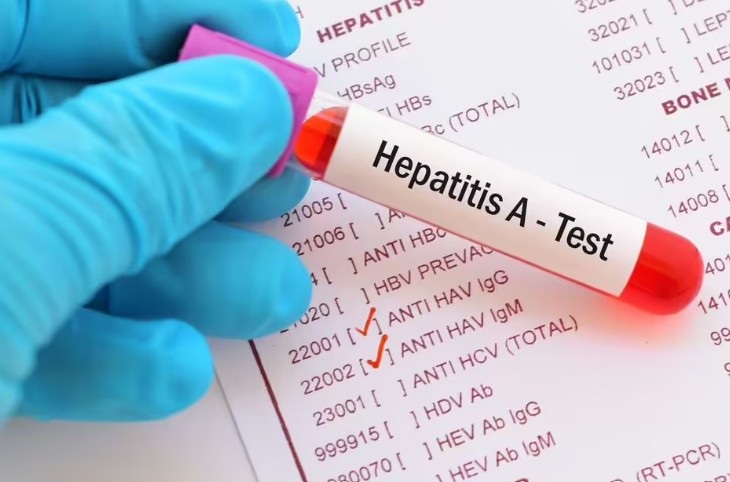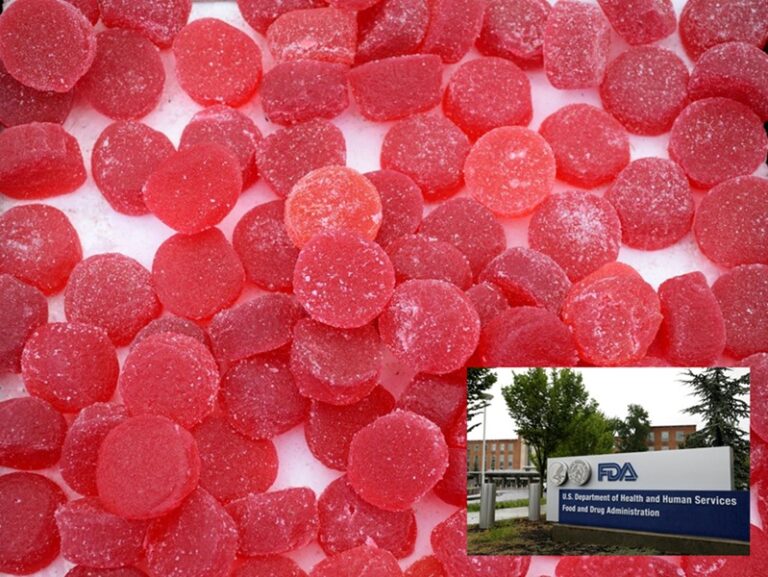In response to increasing reports of health problems linked to quasi-legal drugs in Japan, the government held a closed-door meeting to discuss enhanced regulation and prevention measures. The health ministry, in conjunction with the National Police Agency, identified approximately 300 stores in the country selling these “kiken drugs” or hazardous substances, which are technically not illegal but modified versions of cannabis and stimulants, sometimes more harmful than the banned substances themselves.
Investigations into these drugs were prompted by incidents since March, resulting in hospitalizations and subsequent store raids. Most sellers operated physical stores, with some also selling online. Between January and August, 24 health-related issues related to these drugs were reported, mainly affecting individuals under 30, with eight cases reported the previous year.
This meeting, involving nine agencies and ministries, marked the first since 2016, and participants exchanged information on their efforts to curb the use of these drugs. The abuse of kiken drugs, previously referred to as “dappō” drugs, first emerged as a concern in 2013, highlighted by a fatal 2014 incident where a driver under the influence of a quasi-legal drug caused a fatal accident near Tokyo’s Ikebukuro Station. The government previously cracked down on these drugs, shutting down all related stores by July 2015.
Despite cannabis (THC) being illegal in Japan, the proliferation of synthesized THC derivatives has posed challenges for law enforcement. Youth drug use has been increasing, with record-high cannabis possession arrests, mostly involving individuals under 30. This issue gained attention following a Nihon University scandal where a student athlete was arrested for possessing cannabis and stimulants, with other team members suspected of similar offenses.
Other cannabis-related cases involving college students have also been reported. While some G7 countries have moved towards decriminalization or legalization of cannabis, Japan maintains strict anti-drug laws.
(Source: Kyodo | The Japan Times)









